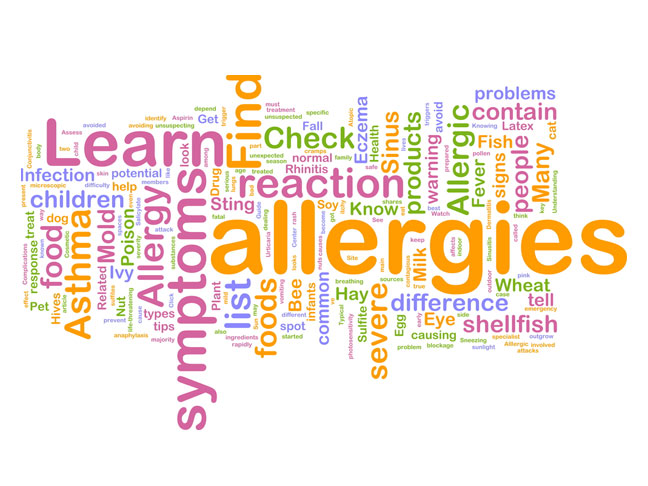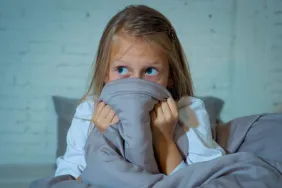For that reason, it can be intimidating, or even scary, to host a child who has allergies for a play date. Fortunately, with a little education and parental communication, it doesn’t need to be.
While most parents of children with allergies will completely prepare you for safely hosting their child, it’s always good for the hosting parent to communicate that they desire to do their part in keeping the child safe.
The next time you are hosting a child who has allergies at your home, consider these suggestions:
1. Trust what the parents say
When hosting a child with allergies, it is vital that you ask for and follow the parent’s instructions explicitly. For example, if a parent warns you that egg can cause an allergic reaction; do not give the child eggs. It can be tempting to give in if the child says, “I can have cookies,” because chances are he is right – except his mom makes cookies egg free.
2. When the child says “no,” respect it
If you offer the child something you believe is okay and he says “no,” respect it. Even if you think the food is safe, chances are he’s been educated to avoid items that can be questionable or have hidden allergens.
3. Communicate your Comfort Level
Let the parent of the child know how you feel about hosting a child with allergies. While most often parents of children with allergies pack enough food or other items needed, or give you a list of items that are safe, if you have questions or prefer they pack what the child can be offered, just ask.
4. Eliminate Potential Dangers
If you know you are hosting a child that is allergic to nuts, take proper precautions and remove nuts from the home (if necessary) and wipe down common areas. You’ll also want to plan activities that avoid allergens. For example for a child who is allergic to milk, glue could be problematic.
5. Prevent Cross-contamination
Be sure the child has a designated, sanitized cup (or use disposable or the one parent provide), wash your hands often and prior to handling the child’s food, prevent food sharing, use separate utensils for preparing and serving foods to the child with allergies.
6. Understand what to do if a Reaction Occurs
Ask the parents (although they will likely already provide it) for written instructions on what to do if you suspect a reaction and a list of emergency contact information.
While there are several types and severities of allergies, knowing what you need to do to safely host a child with allergies will go a long way in making everyone feel more comfortable.








